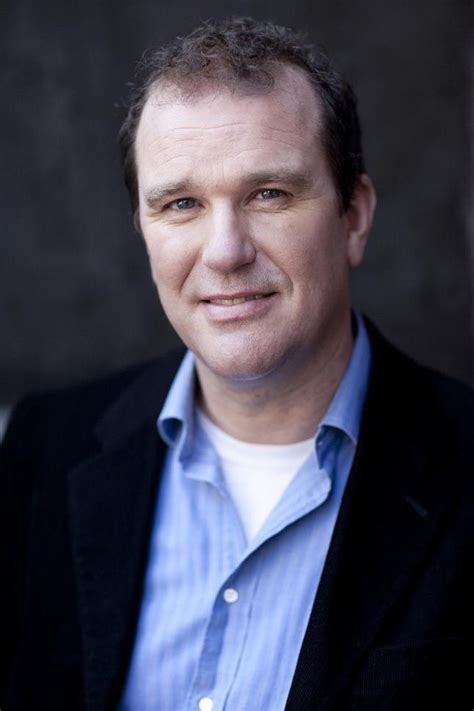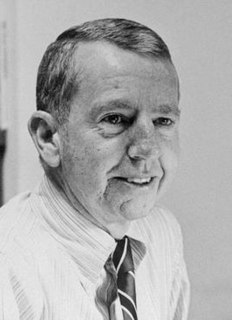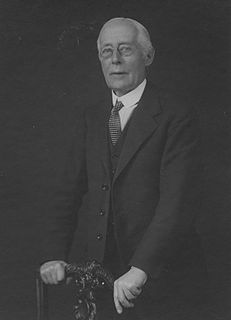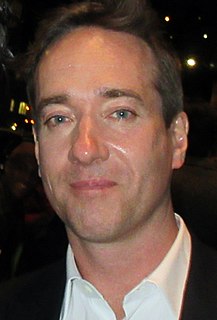A Quote by Josh O'Connor
Richard II is my dream part.
Quote Topics
Related Quotes
If you're a classical actor, every Shakespearean part you play, you then say, 'McKellen did it this way,' and, 'Jacobi did it this way.' There's a whole list of Oliviers and people, whether you play Hamlet or Richard II or Richard III, any of those roles. And I found that a bit when I did 'La Cage.' It didn't bother me one bit.
Now, therefore, I, Gerald R. Ford, President of the United States, pursuant to the pardon power conferred upon me by Article II, Section 2, of the Constitution, have granted and by these presents do grant a full, free, and absolute pardon unto Richard Nixon for all offenses against the United States which he, Richard Nixon, has committed or may have committed or taken part in during the period from January 20, 1969 through August 9, 1974.
There is no need of a way out! Don't you see that a way out is also part of the dream All you have to do is see the dream as dream. ...Wherever it leads you, it will be a dream. The very idea of going beyond the dream is illusory. Why go anywhere Just realize that you are dreaming a dream you call the world and stop looking for ways out. The dream is not your problem. Your problem is that you like one part of your dream and not another. Love all, or none of it, and stop complaining. When you have seen the dream as a dream, you have done all that needs be done.
The only remarkable thing about Francis Ford Coppola's The Godfather, Part II is the insistent manner in which it recalls how much better his original film was. Even if Part II were a lot more cohesive, revealing and exciting than it is, it probably would have run the risk of appearing to be the self-parody it now seems…Its insights are fairly lame at this point.
I went to a Jesuit school and they did a William Shakespeare play every year. I got to know Shakespeare as parts I wanted to play. I missed out on playing Ophelia - it was an all-boys school. The younger boys used to play the girls, I played Lady Anne in Richard III and Lady Macbeth, then Richard II and Malvolio. I just became a complete Shakespeare nut, really.




































